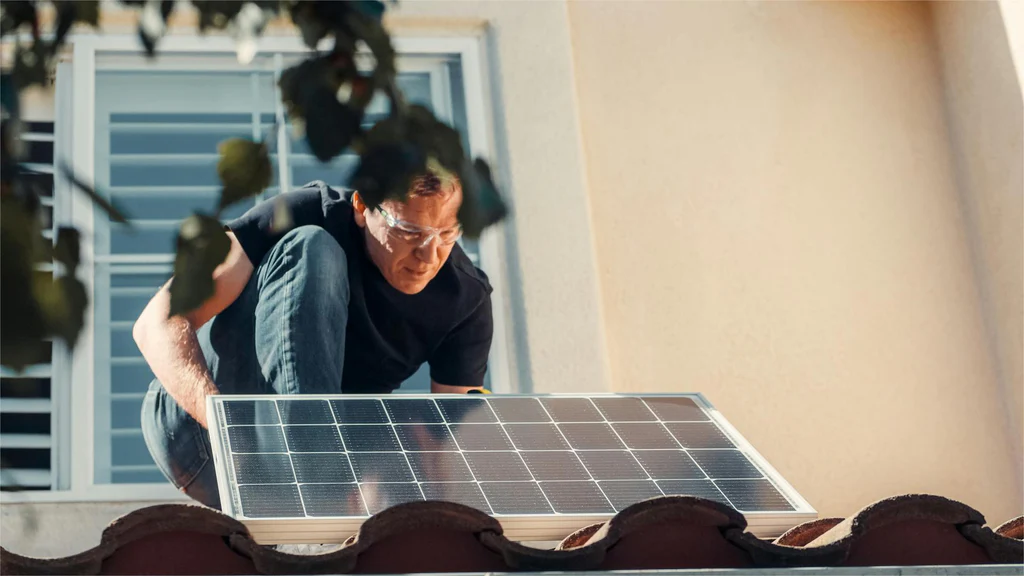When considering solar energy systems, one of the most critical questions homeowners face is: should solar inverters be indoor or outdoor? The decision can significantly impact the performance, longevity, and maintenance of your solar power system. In this article, we will explore the advantages and disadvantages of both indoor and outdoor solar inverters, helping you make an informed choice.

Understanding Solar Inverters
Solar inverters play a vital role in converting the direct current (DC) generated by solar panels into alternating current (AC) that can be used in your home. The placement of these inverters can affect their efficiency and durability. So, what factors should you consider when deciding on their location?
Advantages of Indoor Solar Inverters
- Protection from Weather: Indoor inverters are shielded from harsh weather conditions, such as rain, snow, and extreme temperatures. This protection can lead to a longer lifespan.
- Reduced Risk of Theft: Placing inverters indoors minimizes the risk of theft or vandalism, which is a concern for outdoor installations.
- Noise Reduction: Indoor inverters tend to be quieter, as they are not exposed to external noise, making them suitable for residential areas.
Disadvantages of Indoor Solar Inverters
- Heat Accumulation: Indoor environments can become hot, especially in summer. Excessive heat may affect inverter performance and efficiency.
- Space Constraints: Finding adequate space indoors can be challenging, particularly in smaller homes.
Advantages of Outdoor Solar Inverters
On the other hand, outdoor solar inverters come with their own set of benefits. Here are some key advantages:
- Optimal Cooling: Outdoor inverters can benefit from natural ventilation, which helps keep them cool and functioning efficiently.
- Accessibility: Outdoor installations are often easier to access for maintenance and repairs, reducing the hassle for homeowners.
Disadvantages of Outdoor Solar Inverters
- Weather Vulnerability: Outdoor inverters are exposed to the elements, which can lead to wear and tear over time.
- Potential for Theft: The risk of theft or vandalism is higher for outdoor installations, especially in less secure areas.
Making the Right Choice
Ultimately, the decision of whether solar inverters should be indoor or outdoor depends on various factors, including your local climate, available space, and security concerns. If you live in an area with extreme weather or high theft rates, an indoor installation may be more suitable. Conversely, if you have ample outdoor space and live in a temperate climate, an outdoor inverter could be the way to go.
For more detailed insights on solar inverter installation, you can check out this link.
Conclusion
In conclusion, the question of should solar inverters be indoor or outdoor? is not a one-size-fits-all answer. By weighing the pros and cons of each option, you can make a decision that best suits your home and lifestyle. Remember to consider factors such as climate, security, and maintenance when making your choice.








